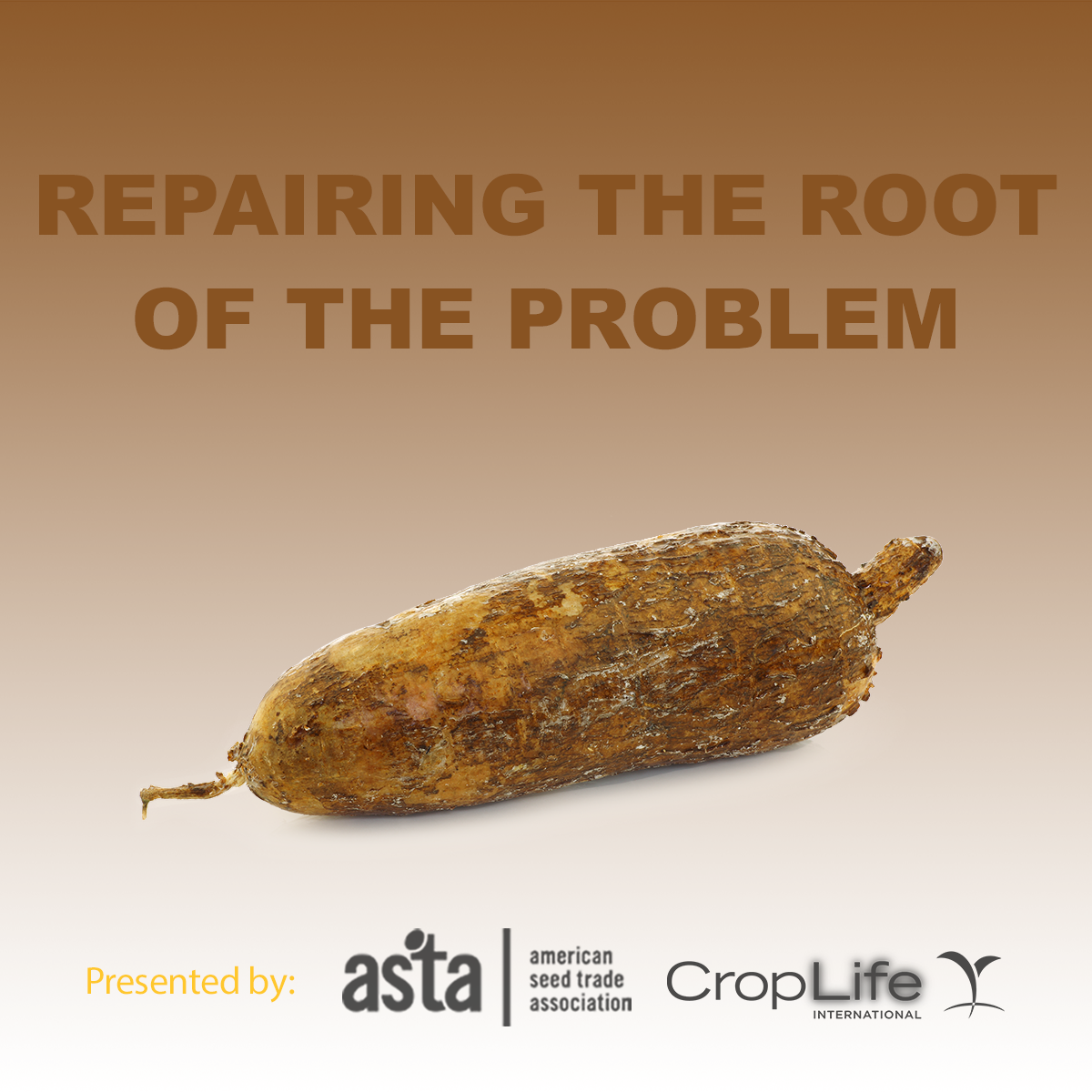ICYMI: Could Gene Editing Hold the Key to Food Safety?
- On August 5, 2020
- cassava, food safety, Gene Editing, konzo, nutrition, plant breeding, Safety

From a global pandemic to a changing climate, today’s current events are shining a light on the fragile nature of our global food supply. Innovation in food and agriculture is critical to ensuring people around the globe have continuing access to safe and affordable nutrition – despite new and evolving threats to our global food security.
One threat facing a staple food crop in many developing countries is cyanide. Naturally found in cassava, this neurotoxin – especially when coupled with a low-protein diet – can lead to Konzo, an irreversible and debilitating neurological disease.
But modern plant breeding could offer hope for the future. Plant scientists at UC Berkeley are using innovative tools like gene editing to remove the cyanide from cassava – helping ensure this staple crop can remain a safe and widely accessible source of nutrition for the hundreds of millions of people who depend upon it in their daily diets. ASTA and CropLife International (CLI), in collaboration with UC Berkeley, explore the issue in a new video, “Repairing the Root of the Problem.” Watch it here and share with your networks!
This is the fourth video in the ASTA-CLI series examining the potential of gene editing in solving some of today’s biggest threats to food and agriculture. Watch the other videos here.

